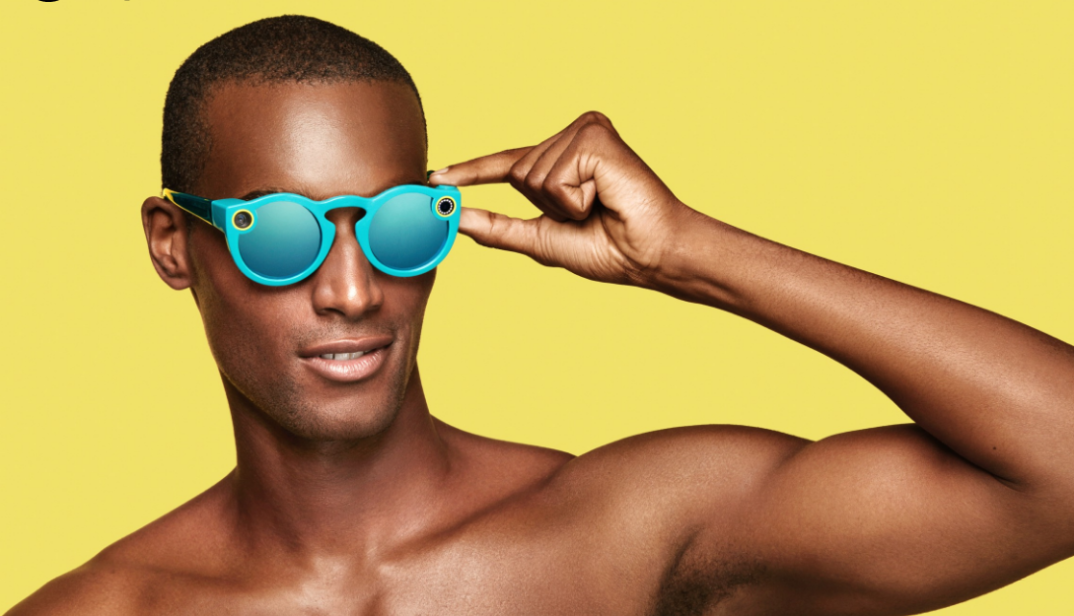As Americans continue to top the charts of obesity and unhealthy lifestyle choices, employers around the country are beginning to look for ways to improve the work environment by promoting exercise and other activities that promote employees’ overall health. Many companies are encouraging employees to sign up for online programs that are able to track a person’s exercise and diet, as well as monitor any health changes that may occur in a person’s life. These programs, although beneficial in many ways, have also raised suspicions about the amount of privacy and protection employees who share their information have. Are these online programs and mobile applications able to share personal information about the people using the resources?
An article from Friday, October 2nd by Jay Hancock, discusses the city of Houston and the encouragement of employees to use one of these online wellness companies as a way to track health changes. The privacy agreement that accompanied this partnership was frustrating to many employees who were wary about sharing their person information, as it was unclear as to how much and what information could have been shared with other companies and potentially the public. Although employees were able to opt out of the program, they were then forced to pay an extra $300 per year for medical coverage. This lack of communication about the privacy and protection of information shared with this company sparked concern from several employees and therefore was not widely accepted among the residents of Houston.
The implementation of these wellness-tracking programs argue that it is an efficient and effective way to hold employees accountable for staying healthy. A healthy employee arguably performs to the best of his/her ability because his/her body is being taken care of properly. These programs also help companies interpret the data collected and make changes to the work environment based on the information gathered. As the U.S. continues to become one of the unhealthiest countries in the world, these wellness programs could be the answer to holding people accountable and making Americans healthier people.
Should employees be forced to sign up for wellness programs in order to promote their own health? How much privacy is acceptable for wellness programs to provide to the people who subscribe to their services? Is the implementation of wellness programs in the work place an efficient and ethically sound decision for companies to make based on the unhealthy state of our country?






